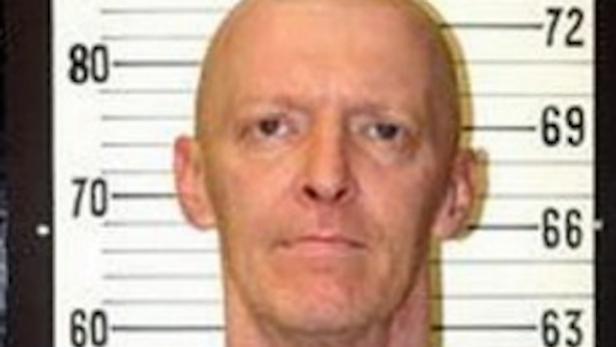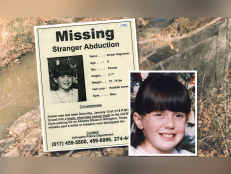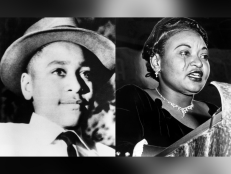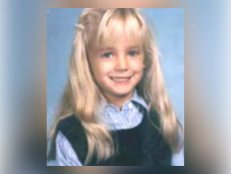Crime History: Daryl Holton, Gulf War Vet Who Killed His 4 Kids, Dies in Electric Chair

Tennessee Department of Corrections
Daryl Keith Holton
On September 12, 2007, Daryl Holton, took his seat in Tennessee’s electric chair. He had been sentenced to die for murdering his four children in cold blood a decade earlier. Now, at last, Holton’s own day of reckoning had arrived.
In the fall of 1997, depressed Gulf War veteran Holton had been struggling through a bitter divorce from his wife, Crystle Holton. The fact that she kept Holton from seeing their four children for long periods particularly enraged him.
Crystle did not act entirely out of selfishness, though: in September, Holton physically assaulted her and she took out an order of protection against him.
Still, nothing seemed particularly out of order when Holton picked up the children on November 30, 1997. He told his three sons and their half-sister that he was taking them to go Christmas shopping.
Instead, according to a confession he later gave to investigators, Holton drove them to an auto repair shop in Shelbyville. The children would not leave that location alive.
Upon arrival at the shop, Shelton separated the kids into two pairs. First, he had 12-year-old Stephen and 10-year-old Brent stand front-to-back, facing away from him. He then shot his sons from behind with an SKS assault rifle.
Afterward, Holton fired two more rounds to make sure that the boys were dead. He then hid the bodies under a tarp so that the other children would not see them.
From there, Holton called over Eric, 6, and his half-sister Kayla, 4. Holton executed the younger siblings in the same way.
After the murders, Holton walked into the Shelbyville Police Department and announced what he had done.
Responding officers found the bodies of the four small children, along with pipe bombs that Holton said were intended for his wife and her home. Holton would tell his shocked interrogators that night, “They didn’t suffer. There was no enjoyment to it at all.”
Holton said he had planned to continue his murderous rampage by killing Crystle and her boyfriend, and finally killing himself.
For some reason, though, Holton lost his nerve. Instead, he smoked a joint, drove to the station and announced that he had just committed “homicide times four.”
Holton has said he suffered from severe depression when he committed the murders. His lawyers maintained that he had a long history of mental illness and suffered from post traumatic stress disorder from his military service in the 1991 Gulf War.
At trial, Holton’s lawyers tried to dispute his rationality and competence at the time of the murders, but Holton refused to help with any legal tactics that would prevent him from being executed.
For his last meal, Holton ate what was served to the other inmates: riblets on a bun, mixed vegetables, baked beans, white cake with white icing, and iced tea.
Asked if he had any last words, Holton replied, “Um, yeah — two words: I do.”
Crystle was not present at the execution, but a victim liaison with the state attorney general’s office read a statement from her:
“Today, all the anger, hatred and a long time of nightmares can finally leave me. It will be replaced by all the sweet, innocent, wondrous love that only a child can give. And I am blessed that I have and always will have, that love times four.”
Crystle also expressed sorrow for a “much loved’’ ex-mother-in-law, stating:
“Marie has not only had to deal with the death of four grandchildren, but now is dealing with the death of her own son. You are in my thoughts and prayers. You will always be a mother figure for me. I still love and miss you very much.”
The state later removed electrocution from its statutes – but in 2014, the electric chair was reintroduced as a backup option following the nationwide shortage of lethal injection drugs.
Daryl Holton’s story, and his relationship with pro-death penalty advocate Robert Blecker, is expertly depicted in the 2008 PBS documentary Robert Blecker Wants Me Dead.





![Relisha's photo is shown age-progressed to 14 years. She was last seen on March 19, 2014. [via National Center for Missing & Exploited Children]](http://investigationdiscovery.sndimg.com/content/dam/images/investigationdiscovery/crimefeed/legacy/2021/05/relisha-rudd-missing-ncmec-052121.png.rend.hgtvcom.231.174.suffix/1621619534494.png)



